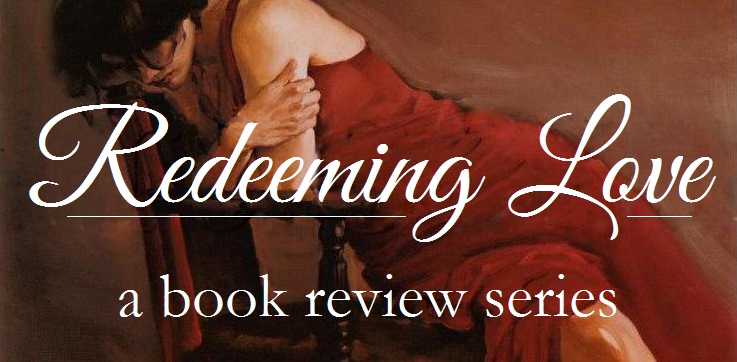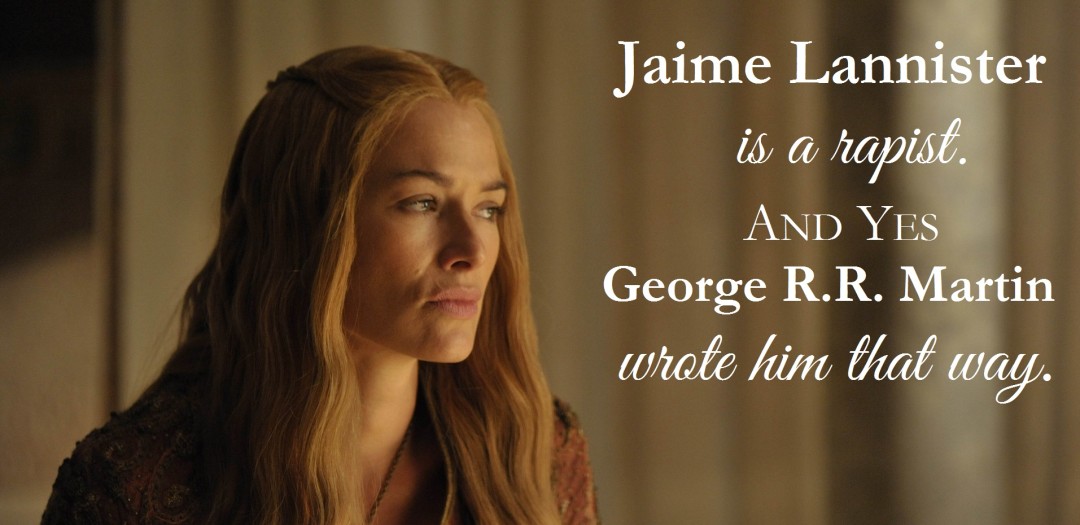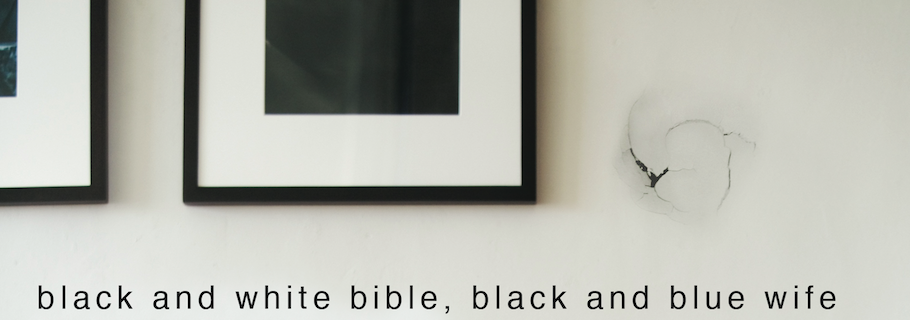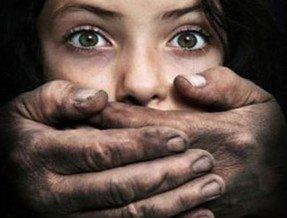Before I get into today’s post, I know there’s a lot on our minds. You know my thoughts on gun violence, and it is beyond enraging to me that more people are dead and hundreds more wounded because Republicans can’t be arsed to care about people. What that white man did in Las Vegas was preventable, and the argument that mass shootings — any shootings at all– are the necessary price we must pay for a hobby is despicable. Get informed about gun violence, responsible regulation, and start agitating for policies to make our country safer from white domestic terrorists and abusers. Our thoughts and prayers are useless if we’re not prompted to action.
And now, because we have to keep putting one foot in front of the other, the Redeeming Love review continues. As always, be aware that this book is an unending shitshow of abuse and assault.
Plot Summary
- Angel hitches a ride with a trader to Sacramento.
- She gets a job with mercantile-owner Joseph, who’d ordered a stove for Michael.
- He keeps her occupied while he sends word to Michael that she’s there.
- Michael comes, sexually assaults her.
- She agrees to go back with him this time.
- Miriam gets a crush on Paul; Paul feels uncomfortable lusting after a 16-year-old.
- Both Paul and Angel decide they want Michael to be with Miriam.
***
There’s not a ton of plot movement; honestly, I’ve read a lot of Francine’s writing and I’m confused why this is one of her most popular books. The pacing in this is just … it’s so bad. It’s 450+ pages and honestly I think it could have been easily reduced by a third and we wouldn’t have lost anything. All the agonizing and soul-searching happening in this section is Francine beating a dead horse with Angel’s self-recrimination. She feels ashamed. We get it. However, this is what happens when people take moralizing sermons and try to turn them into books. The point of Redeeming Love isn’t to be a well-written, entertaining story– it’s the theology. Francine really has to drive home to us that we are like Angel, and we need to be convinced of our lowliness, our wretchedness.
In Sacramento, Angel spends half a chapter wandering around looking for employment and walks past a bunch of brothels and saloons, rejecting each as an option. She’s pretty firm about this, too– she knows she can be successful at that, but it’s not what she wants anymore so she keeps walking until she finds Joseph’s store and he offers her a job. However, later in the narrative Francine has Angel remember this day differently. Angel thinks to herself, and says out loud to Michael, that not returning to prostitution was a close thing, and she was indescribably lucky that she found Joseph when she did.
This is another place where Francine’s theological purposes replace good writing. Angel is consistent in her desire to forge a new life for herself away from prostitution, since this has been a common thread in her thoughts since Michael imprisoned her at his farm. However, Francine is re-telling the story of Hosea so she has to have her Gomer character be “enticed” or “tempted” or whatever. Hosea is a framing of Israel’s relationship with idolatry, and Francine has to preserve that framing even when it doesn’t make sense for the characters she’s written.
When Michael shows up, the first thing he does is sexually assault her:
Michael caught hold of her and swung her around. “Oh, yes I do [know why you left]!” He pulled her into his arms. “You left because of this.” He covered her mouth with his. When she tried to push free, he cupped the back of her head. She struggled harder as the betraying warmth stole over her. (305-06).
Hoo, boy. This is the same rape myth that pissed me off in the “Breaker of Chains” Game of Thrones debacle. It’s the myth that women don’t know what we want– if we resist, if we say no, we don’t really mean it. Here, that myth is combined with the prevalent idea that women are supposed to find sexual violence arousing. Angel is being attacked by a man she was actively backing away from — tripping over tables and boots– but when he assaults her she feels a “betraying warmth.” How many times have we seen this exact scene in other books, in TV, in movies? A woman backing away from a manly man who mans very manly-like until her back hits a wall and he’s suddenly there with his manliness and oh swoon.
Confusingly, Angel’s reaction to this whole confrontation again makes sense as an abuse victim. She begins “shaking violently” as he tries to get her things together to leave. Every other description of her emotional state and actions fits right in to what I feel when I’m trying to function through panic attack. Once again, though, Francine is going to ignore that she’s writing a textbook abusive relationship. In this scene, Angel accuses Michael of feeling a “sense of power” and he admits it, but then says “But it’s not a power I’m going to use against you.” Right. Like you didn’t just use your physical power one page ago to sexually assault the woman you have manipulated and kidnapped repeatedly.
Goddess above this is awful.
***
Speaking of manipulation, there’s two incidents I’d like to address although they’re separate from the Angel-and-Michael main plot. The first is Joseph’s behavior in Sacramento. He gives Angel a place to stay and a job, and Angel starts to feel a small sense of redemption and self-respect. She’s doing what she’s always wanted, even if it doesn’t quite look the way she expected. After a couple of weeks, she’s feeling more confident and ready to move on to something more permanent. The second she mentions anything to Joseph, though, he spends the entire day being very strange and confusing. He lies and says his wife suffered a back injury so he needs Angel to stay, and then keeps changing his mind and creating work. At the end of the chapter, Francine reveals those were all delaying tactics so that Angel would still be at the store when Michael shows up.
This is hella manipulative. He outright lies to her and keeps her occupied with busy work all day– work that’s the equivalent of digging holes and filling them back in again– all so that Michael can find her. In fact, he wasn’t just waiting for Michael to show up for the stove, he’d written to Michael and told him Angel was there. But of course Joseph knew better than Angel on what was good for her, so it’s alright.
This happens again with the Altman children back at the farm. Miriam lies to Angel that Ruthie is stuck twenty feet up in a tree and convinces Angel to climb it and rescue her. She’s never climbed a tree before, but she overcomes her fear anyway because she cares about Ruthie and doesn’t want her to get hurt– or, since she’s twenty feet up, possibly die. Once she gets up there, though, she realizes that Ruthie has a rope tied around her and is perfectly safe. She’s understandably upset that she was manipulated, but it’s all in fun and Miriam just somehow knew that Angel needed to climb a tree for some reason, so it’s ok. This is good-natured and loving and adorable and ends with Michael tying up another rope in the tree and making a swing that everyone plays on.
I’m not surprised that Francine has written “friendships” that work this way. Deceitfulness and manipulation are commonplace in conservative evangelical social circles, and it’s acceptable for people to behave like this as long as you’re well-intentioned. The idea that other people know better than you is just par for the course when friendship itself is predicated on the idea that being a friend means being a “iron that sharpeneth iron” or inflicting “faithful wounds” on each other.
Redeeming Love doesn’t have a single example of love, friendship, romance, or healthy relationships anywhere in it. Every relationship is manipulative and passive-aggressive at best, toxic at worst; yet, these toxic relationships are being held up as godly, loving examples.










